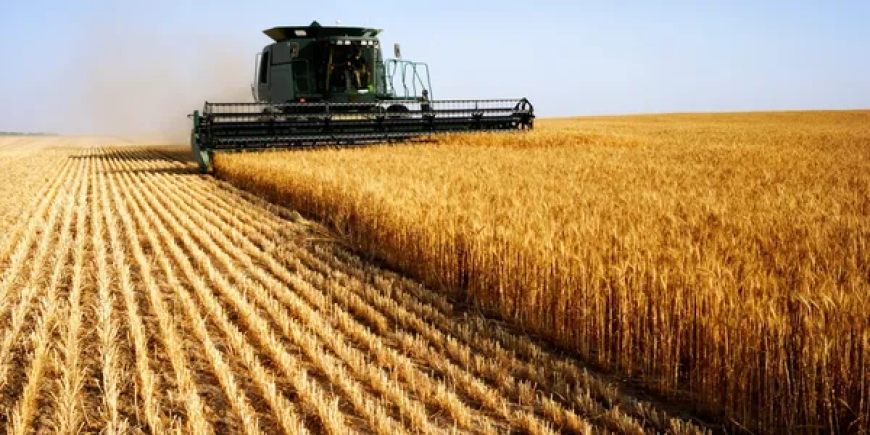Understanding Agricultural Fuel Oil: Fueling the Backbone of Farming

Agriculture is the foundation of global food security, and like any industrial sector, it depends heavily on energy to operate efficiently. One of the most critical energy sources in this domain is agricultural fuel oila specialized form of diesel fuel used to power machinery, irrigation systems, and heating processes on farms.
What Is Agricultural Fuel Oil?
Agricultural fuel oil, often referred to as "red diesel" or off-road diesel, is a low-tax diesel fuel designated for use in farming and other non-road applications. It is chemically similar to standard diesel but is dyed red to indicate its tax-exempt status. This dye helps regulatory authorities distinguish it from regular diesel fuel, which is taxed at a higher rate for road use.
Key Uses in Agriculture
-
Machinery Operation: Tractors, combines, harvesters, and other heavy-duty farming equipment run on agricultural fuel oil.
-
Irrigation and Pumps: Diesel-powered water pumps rely on fuel oil for crop irrigation.
-
Heating Systems: In colder climates, fuel oil is used to heat greenhouses and livestock barns.
-
Generators: Backup and primary diesel generators on farms provide electricity in remote or off-grid areas.
Economic Importance
Because agriculture is a high-energy sector, fuel costs significantly impact profitability. The tax-exempt status of agricultural fuel oil allows farmers to reduce operating expenses, making food production more affordable and sustainable. Many countries, including the U.S., U.K., and members of the EU, provide specific subsidies or reduced excise duties on agricultural fuel to support farmers.
Environmental Considerations
Although agricultural fuel oil supports food production, its use raises environmental concerns:
-
Emissions: Like all fossil fuels, diesel emits greenhouse gases (GHGs), contributing to climate change.
-
Spills and Storage: Improper handling and storage can lead to soil and water contamination.
In response, many governments are encouraging the adoption of biofuels, cleaner diesel alternatives, and electrified machinery. However, until such transitions are widespread, agricultural fuel oil remains a vital component of modern farming.
Regulatory Compliance
To prevent misuse, regulatory agencies enforce strict rules on who can use red diesel. Unauthorized use for non-agricultural purposes can result in heavy fines. Farmers must also maintain records of fuel purchases and consumption to prove compliance during inspections.
Future Outlook
The agricultural sector is evolving, with increased interest in sustainable farming and green energy solutions. While agricultural fuel oil continues to power todays farms, innovations in renewable energy, electric tractors, and carbon-neutral fuels may reshape its role in the years ahead.
Conclusion
Agricultural fuel oil plays a critical role in global food production by powering the machinery and systems farmers rely on daily. While it offers economic advantages and efficiency, ongoing efforts to reduce carbon emissions may change how energy is used on farms in the future. Balancing immediate needs with long-term sustainability will be key to feeding the world responsibly.






























